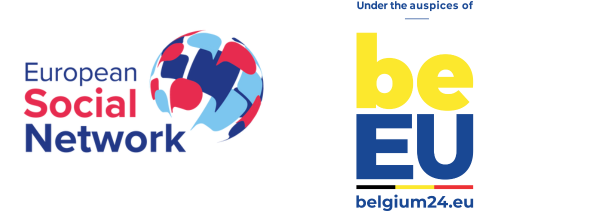PROJECT FORUM
SESSION DESCRIPTION
Series of short ‘elevator-pitch’ presentations on projects related to the conference theme. Delegates are invited to follow up on the presentations with the presenters during the networking breaks. This session is open to all delegates to attend.
Room: Queen Elisabeth Hall
PROJECT FORUM 27/06/2024 15:45 - 16:15
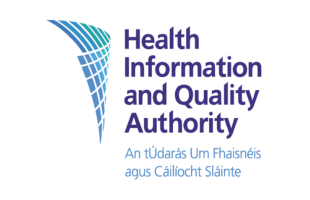
Co-creating Resources to Support the Workforce
This project targets the pressing issue of limited time for health and social care staff to access necessary training. Through a co-creation approach, it assesses how well staff perceived an online course, its usefulness, and whether it leads to changes in practice. By engaging in surveys and focus groups, the project aims to understand staff challenges and support needs, ultimately striving to be more responsive to their requirements. With approximately 331,000 health and social care staff in Ireland, this initiative holds the potential to significantly impact the sector by identifying barriers and facilitators to behaviour change through online training. By prioritising the voices and needs of staff working in services, the project not only evaluates current training methodologies but also seeks to inform the design of future resources, ultimately aiming for better outcomes for both staff and people using services. With over 11,600 completions of the online course and widespread distribution of advocacy booklets, the project demonstrates a tangible effort to address the pressing needs of the social care sector in Ireland.
Presentation Language: English
Presenter: Deirdre Connolly, Programme Manager, Health and Social Care Standards, Health Information and Quality Authority (HIQA), Ireland
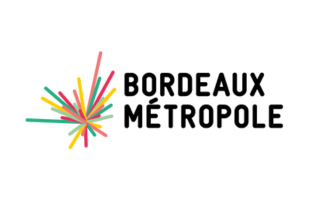
Observatory of Digital Inequalities
In 2023, Bordeaux Metropole undertook a major survey to identify the relationship between its residents and digital technology. Over 5,000 people were interviewed by telephone on some forty questions dealing with equipment, connection, uses, and general attitude towards digital technology. The results highlighted the importance of a persisting digital divide and the distribution of inequalities according to structural factors. The results of the Observatory are not only a way to advance our understanding of the phenomenon, but also to create common methodologies and improve our local policies.
Presentation Language: French
Presenter: Anna Lebey, Project Manager, Digital Inclusion, Bordeaux Metropole, France
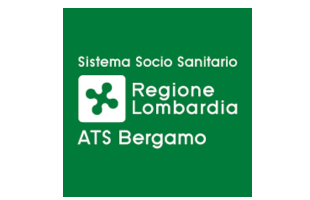
The Third Welfare: Getting to know and Supporting Family Caregivers
ATS Bergamo’s (Health Protection Agency) project “Supporting Family Caregivers” aims to provide adequate support, information, and skills to family caregivers, as family is traditionally the main provider of long-term care, and deals with increasingly complex challenges due to the lengthening of life expectancy and the rise in chronic illnesses.
ATS Bergamo’s project aims to promote a type of welfare with a unified approach, by fostering collaboration among public, private, and social services and thus facilitating the interaction between formal and informal care systems.
Key initiatives include empowering caregivers through a dedicated online portal and actively engaging third-sector organisations.
Presentation Language: Italian
Presenter: Chiara Magni, Department of Programming for the Integration of Healthcare Services with Social Services – ATS Bergamo, Italy
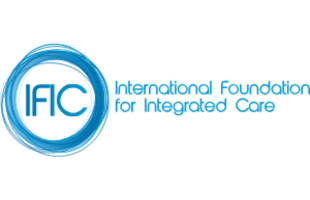
Territorial Inequalities and Gender Interdependencies in Integrated Long-term Care
The LAUREL project aims to identify innovative, integrated care solutions to enhance the quality of long-term care (LTC) while addressing territorial and gender disparities in provision. Emphasising home and community-based services with a person-centred approach, the project targets people of all ages and genders requiring LTC, along with their caregivers and professionals. Through a three-year research programme, the project aims to understand the integration of healthcare, social services, and community support, considering various population profiles and social determinants of health. The initial findings from the literature analysis will inform the development of new integrated LTC models, with results expected to guide future actions for improved integrated long-term care across the EU.
Presentation Language: English
Presenter:
- Pilar Gangas, Senior Researcher, International Foundation for Integrated Care, United Kingdom
- Alejandro Gil Salmeron, Senior Researcher, International Foundation for Integrated Care, United Kingdom
PROJECT FORUM 28/06/2024 09:00 - 09:45
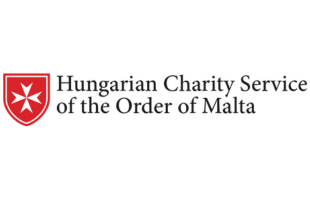
Community-based Activities to Promote Social Inclusion
The ‘Presence in Ferencváros’ project by the Charity Service of the Order of Malta in Budapest is a comprehensive social inclusion initiative launched in 2017. It tackles unemployment, housing issues, healthcare, poverty, and ethnic exclusion through intensive social work and community engagement. The project employs the ‘presence methodology,’ emphasising analysis-based, tailored solutions and ‘reverse integration’ by involving skilled experts, artists, and students. Programmes like ‘Symphony’ for children’s social integration through music and a community-based bike repair shop promote youth engagement. Key objectives include child protection, preventing domestic violence, and fostering long-term independence, supported by collaborations with local authorities and NGOs. The project embodies a commitment to addressing diverse community needs and promoting inclusion effectively. The presence method has been selected as the basis for a nation-wide EU funded programme (“Emerging Settlements”) coordinated by the Charity Service since 2019.
Presentation Language: English
Presenter: Emese Viszoczky, Head of Regulatory and Monitoring Affairs, Hungarian Charity Service of the Order of Malta, Hungary
nglish
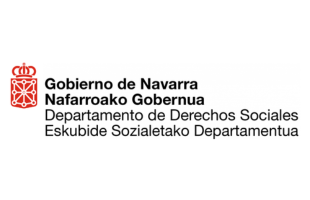
Dialogic Approach to Care
This project in Navarra, Spain, focuses on training professionals, from various sectors including health, education, justice, and social third sector organisations primarily those in Child and Family Protection, to implement the Dialogic Approach, which is a person-centred tool with international recognition. It aims to enhance dialogue within personal and professional networks to better combine resources for effective individual and family support. The training process spans 286 hours, covering theory, practice, and supervision, with different courses targeting facilitators, advisors, and future trainers. The goal is to modernise and improve person-centred care models in Navarra’s social services, fostering a paradigm shift in professional roles towards supporting the person through their journey, guiding, and motivating them along the way.
Presentation Language: Spanish
Presenter: María Jesús Arellano Ayala, Head of Person-Centred Care, Department for Social Rights, Regional Government of Navarra, Spain
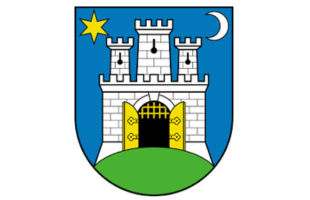
Encouraging Social Inclusion through Labour Market Activation
The City of Zagreb’s support programme for vulnerable people who receive the guaranteed minimum income is a comprehensive initiative that employs a multidisciplinary team and targets various disadvantaged populations, including long-term unemployed, young people transitioning from alternative care, homeless people, victims of domestic violence, and people with disabilities. Through psychosocial support, mentoring, skills training, and education, the programme aims to empower participants and facilitate their employment and social inclusion. Evaluation results indicate high satisfaction and positive outcomes, including improved mental well-being and increased employability. Success stories highlight the programme’s impact on personal and professional development. Overall, Zagreb’s programme serves as a model for promoting labour market integration and eventually empowerment and social inclusion, showcasing the effectiveness of collaborative, multidisciplinary efforts in addressing complex social challenges.
Presentation Language: English
Presenter: Zorana Uzelac Bošnjak, Assistant Head of Social Policy, City of Zagreb, Croatia
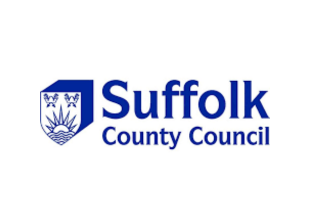
Coffee and Community: Tackling Rural Isolation
The Rural Coffee Caravan project addresses isolation and loneliness in rural areas that often lead to feelings of disconnection in communities. The project organises mobile information cafés that serve complimentary coffee and tea to locals. More than just a coffee stop, the Rural Coffee Caravan provides a platform for people to receive support tailored to their needs, whether it is engaging in meaningful conversations, sharing stories, or accessing information about local resources and support services to help people live happy healthy independent lives. Over the past twenty years, this grassroots approach has supported a significant number of people in rural communities, promoting social inclusion, strengthening community bonds, and positively impacting mental well-being among those it serves.
Presentation Language: English
Presenter: Georgia Chimbani, Director of Adult and Community Services for Suffolk County Council, Rural Coffee Caravan, United Kingdom
